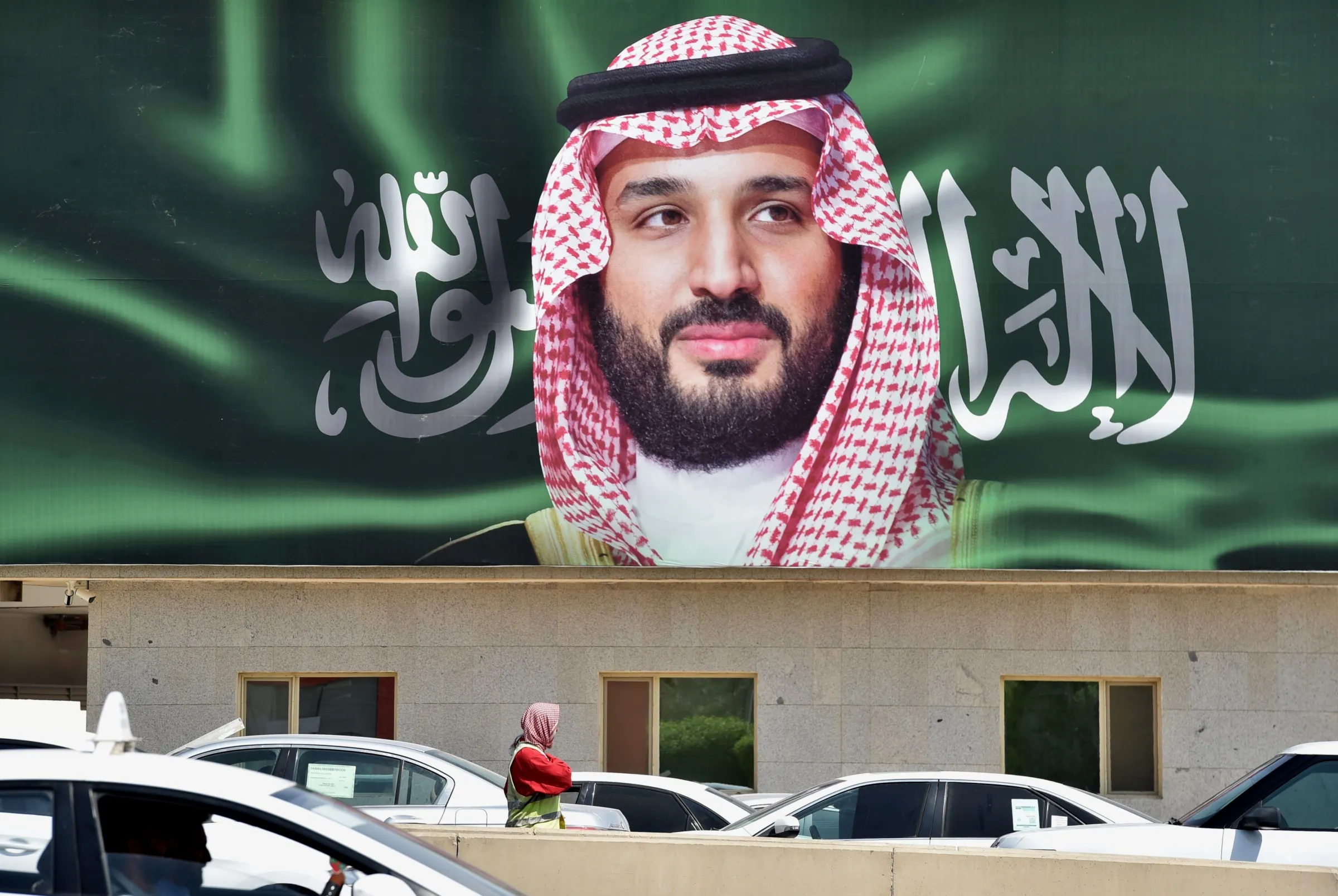mchec.org – Royal decrees play a pivotal role in Saudi Arabia’s legal system, serving as a key mechanism for governance, policy-making, and legal reform. These decrees, issued by the King and other high-ranking officials, complement the foundational Islamic law (Shariah) and provide the necessary flexibility to address contemporary legal challenges.
Understanding Royal Decrees
- Definition and Nature: Royal decrees are official orders issued by the King or other members of the royal family, such as crown princes or ministers. They are legally binding and carry the authority of the state.
- Types of Decrees: Royal decrees can take various forms, including executive orders, legislative decrees, and administrative regulations. They can address a wide range of issues, from national security and economic policy to social reforms and judicial procedures.
The Function of Royal Decrees in the Legal System
- Supplementing Shariah Law: While Shariah provides the core principles of Saudi law, royal decrees offer detailed regulations and guidelines for their implementation. This ensures that the legal system remains adaptable and responsive to the needs of society.
- Legislative Role: Royal decrees often serve as a form of legislation, introducing new laws or amending existing ones. This allows for swift legal reform and the introduction of modern legal concepts without altering the Shariah framework.
- Policy Implementation: Many royal decrees are focused on implementing specific policies or initiatives. For example, decrees may establish new government agencies, set economic targets, or outline strategies for social development.
Examples of Significant Royal Decrees
- Vision 2030: One of the most notable royal decrees is the launch of Vision 2030, a comprehensive plan for the Kingdom’s economic and social transformation. This decree set ambitious goals for diversifying the economy, improving public services, and enhancing the quality of life.
- Judicial Reforms: Several royal decrees have been issued to reform the judicial system, including the establishment of specialized courts (e.g., commercial, labor, and administrative courts) and the introduction of new procedures to improve efficiency and transparency.
- Women’s Rights: Recent royal decrees have played a significant role in advancing women’s rights in Saudi Arabia. These include decrees allowing women to drive, participate in sports, and access various public roles previously restricted to men.
The Process of Issuing and Implementing Royal Decrees
- Issuance: Royal decrees are typically issued in response to specific needs or challenges. They are drafted by relevant government agencies or committees and submitted to the King or other high-ranking officials for approval.
- Publication and Dissemination: Once approved, royal decrees are published in the Official Gazette (Umm al-Qura) and disseminated through official channels. This ensures that all citizens and residents are aware of the new laws and regulations.
- Implementation: The implementation of royal decrees is overseen by the relevant government agencies. This may involve the development of detailed guidelines, training of officials, and monitoring of compliance.
Conclusion
Royal decrees are a cornerstone of Saudi Arabia’s legal system, providing a flexible and efficient means of governance and legal reform. By complementing the principles of Shariah, these decrees enable the Kingdom to address contemporary challenges while upholding its Islamic values. As Saudi Arabia continues to evolve, royal decrees will remain a vital tool for shaping its legal landscape and driving its vision for the future.

